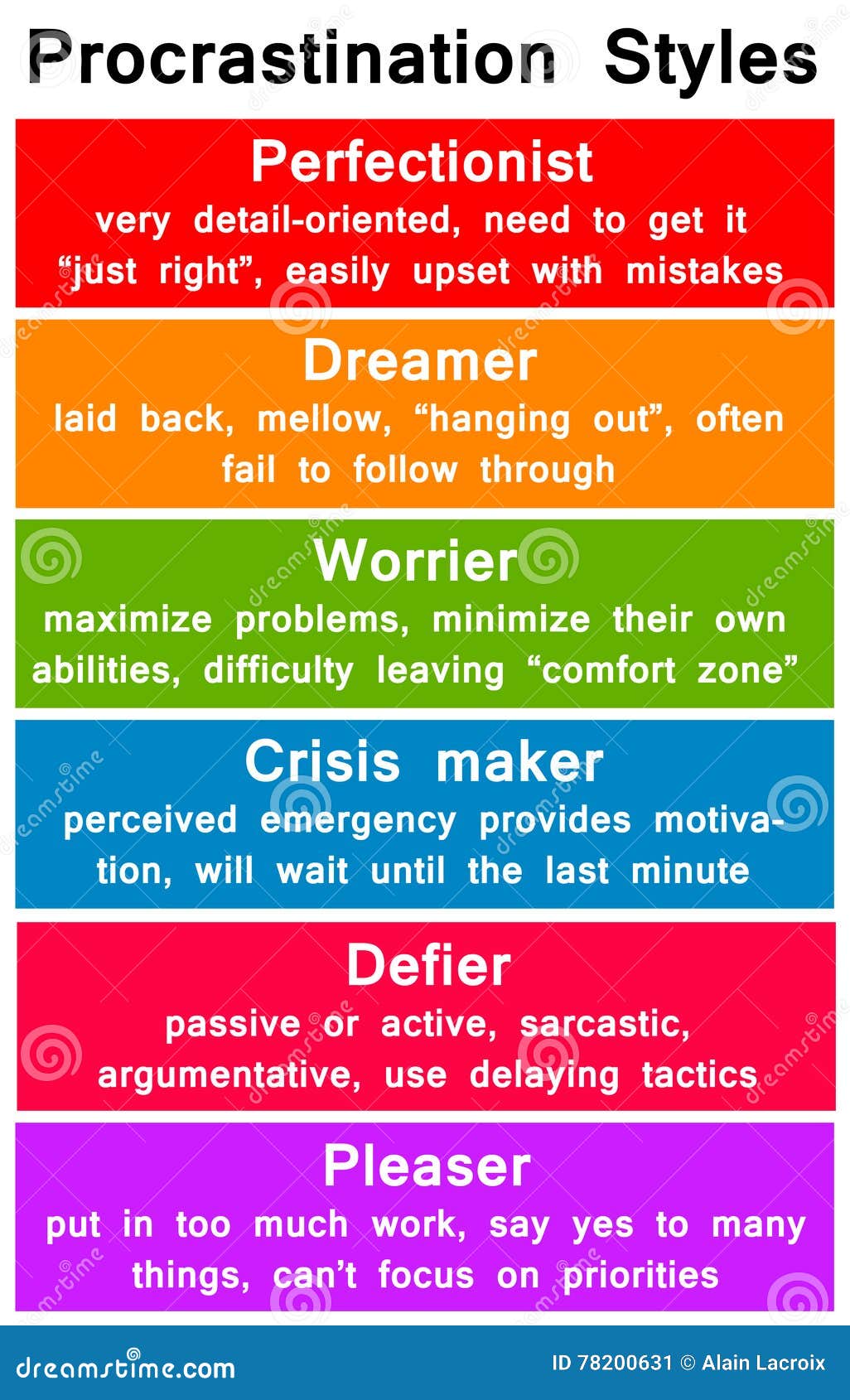In our daily lives, we often encounter psychological obstacles that affect síndrome do impostor como tratar our sindrome do impostor como tratar well-being and success. Among the most common issues are procrastination, emotional dependency, and impostor syndrome. They can negatively influence our achievements, but addressing them can lead to significant personal improvement.
In this article, you’ll discover what these issues are, why they occur, and effective strategies to manage them. With the right insights, you can enhance your mental clarity and live a more fulfilling life.
What is Procrastination?
Procrastination refers to the act of delaying tasks that require immediate attention. This behavior is often linked to emotional and psychological factors.

Research shows that procrastination stems from how our minds prioritize instant gratification over long-term benefits. Common causes include poor time management, low energy levels, and overwhelming workloads. Recognizing these triggers is essential to addressing the issue effectively.
How Emotional Dependency Affects Relationships
Emotional dependency occurs when someone relies heavily on others for a sense of security and happiness. While seeking connection is natural, excessive emotional dependency leads to imbalance and stress.
People with emotional dependency may struggle to make independent decisions. It is usually linked to early attachment patterns, such as a fear of abandonment or low self-esteem. Therapy and self-reflection can help foster healthier, more independent relationships.
What is Impostor Syndrome?
Impostor syndrome refers to the internalized fear of being exposed as a fraud. Despite achieving success, individuals with impostor syndrome attribute their achievements to luck or external factors.

This mindset results in anxiety and self-doubt, hindering personal and professional growth. Studies have found that addressing impostor syndrome requires practicing self-compassion and recognizing personal achievements.
Practical Tips for Personal Growth
If you want to improve your habits and mindset, consider implementing the following strategies:
- For procrastination: Set small, manageable goals and use tools like to-do lists or time-blocking techniques.
- For emotional dependency: Focus on building self-esteem through activities like journaling, therapy, or mindfulness practices.
- For impostor syndrome: Document your successes and remind yourself of past accomplishments regularly.
Consistency is vital—practice these techniques daily to achieve sustainable results.
Breaking Free from Mental Barriers
These common psychological challenges can be overcome with dedication and the right tools. By understanding their causes and applying effective strategies, you set the stage for a more productive, confident, and fulfilling future.
Start small—pick a single habit to focus on and commit to making gradual progress. You’ll notice meaningful changes in how you approach challenges and opportunities.
Comments on “Breaking Down the Impact of Procrastination, Emotional Dependency, and Impostor Syndrome”